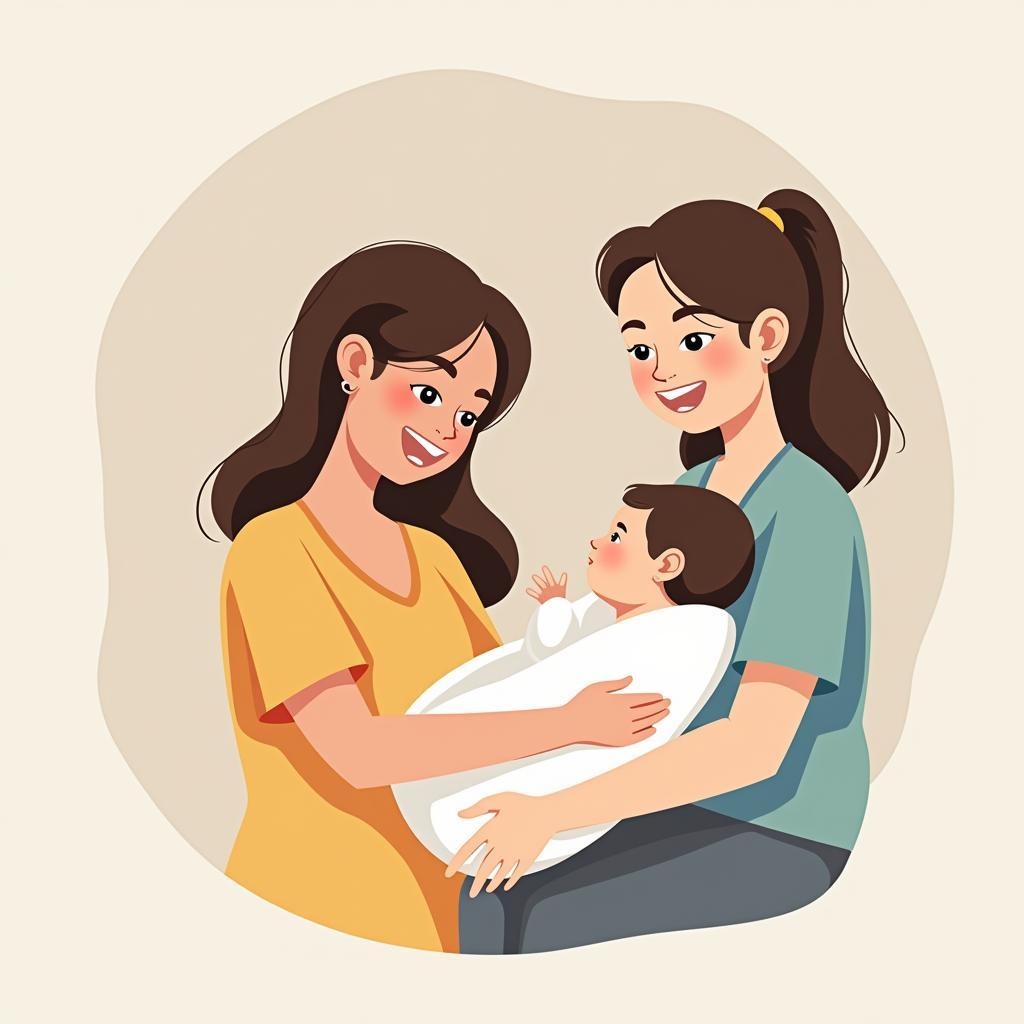Postpartum Recovery and Self-Care Strategies: Prioritizing Your Well-being
The postpartum period, the time after childbirth, is a transformative experience filled with joy, but also significant physical and emotional changes. While the focus naturally shifts to the newborn, it’s crucial to prioritize your own recovery and well-being. Neglecting self-care during this vulnerable time can lead to exhaustion, postpartum depression, and other complications. This guide explores essential strategies to support your physical and emotional recovery.
Physical Recovery:
The physical demands of childbirth leave your body needing time to heal. Key aspects of physical recovery include:
Rest and Sleep: This seems obvious, but it’s often the most neglected aspect. Embrace naps whenever possible, even if it’s just for 15-20 minutes. Encourage your partner, family, or friends to help with nighttime feedings or baby care so you can get adequate rest.
Nourishment: Focus on a healthy, balanced diet rich in fruits, vegetables, whole grains, and lean protein. Proper nutrition fuels your body’s recovery and provides essential nutrients for breastfeeding. Stay hydrated by drinking plenty of water throughout the day.
Gentle Movement: Once cleared by your doctor, engage in gentle exercises like walking or postnatal yoga. These activities can help improve circulation, reduce pain, and boost your mood. Avoid strenuous activities until your body is fully healed.
Pelvic Floor Exercises: Kegel exercises strengthen the pelvic floor muscles, which can be weakened during childbirth. Incorporate these exercises into your daily routine to aid recovery and prevent incontinence.
Perineal Care: If you experienced tearing or an episiotomy, follow your doctor’s instructions for perineal care diligently. This includes keeping the area clean and dry and using prescribed creams or ice packs to reduce discomfort.
![Postpartum_recovery_and_self-care_strategies_2.jpeg]
Emotional Recovery:
The emotional rollercoaster of postpartum is a common experience. Hormonal fluctuations, sleep deprivation, and the immense responsibility of caring for a newborn can contribute to mood swings, anxiety, and even postpartum depression (PPD). Addressing your emotional well-being is just as crucial as your physical recovery.
Seek Support: Don’t hesitate to reach out to your partner, family, friends, or a support group. Sharing your feelings and experiences with others who understand can provide invaluable comfort and support.
Acknowledge Your Feelings: Allow yourself to experience the full range of emotions – joy, sadness, frustration, exhaustion. Suppressing your feelings can exacerbate emotional distress.
Practice Self-Compassion: Be kind to yourself. This is a challenging period, and it’s okay to feel overwhelmed or inadequate at times. Remember that you’re doing your best.
Mindfulness and Meditation: Practicing mindfulness techniques, such as deep breathing or meditation, can help manage stress and anxiety. Even a few minutes a day can make a significant difference.
Professional Help: If you experience persistent feelings of sadness, hopelessness, or anxiety, don’t hesitate to seek professional help. Postpartum depression is treatable, and getting support is crucial for your well-being and your baby’s.
Creating a Self-Care Routine:
Building a self-care routine is crucial for sustainable recovery. Prioritize activities that nourish your mind, body, and soul. This could include:
- Taking short breaks throughout the day: Even 10 minutes of quiet time can help you recharge.
- Reading a book or listening to calming music: Engaging in relaxing activities can reduce stress.
- Connecting with friends or family: Social interaction can boost your mood and provide support.
- Practicing gratitude: Focusing on the positive aspects of your life can improve your overall well-being.
Postpartum recovery is a journey, not a destination. Be patient with yourself, celebrate your progress, and remember that seeking support is a sign of strength, not weakness. Prioritizing your self-care is not selfish; it’s essential for your well-being and your ability to care for your newborn and family.




Use the share button below if you liked it.
It makes me smile, when I see it.